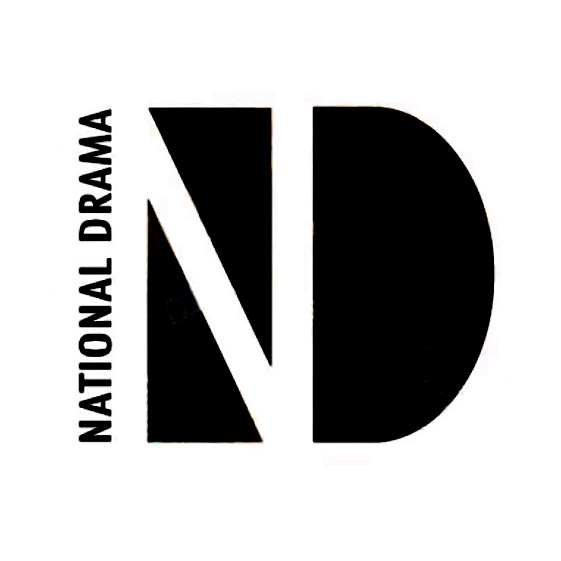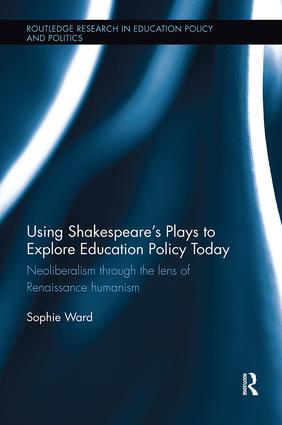Volume 12 Editorial
At the time of publishing the last issue of Drama Research in April 2020 (Volume 11.1) the national ‘lockdown’ during the coronavirus epidemic had just begun. Who would have thought that the writing of the editorial in this issue, one year later, would also take place in the context of the continuing ‘lockdown’? Yet it does.










